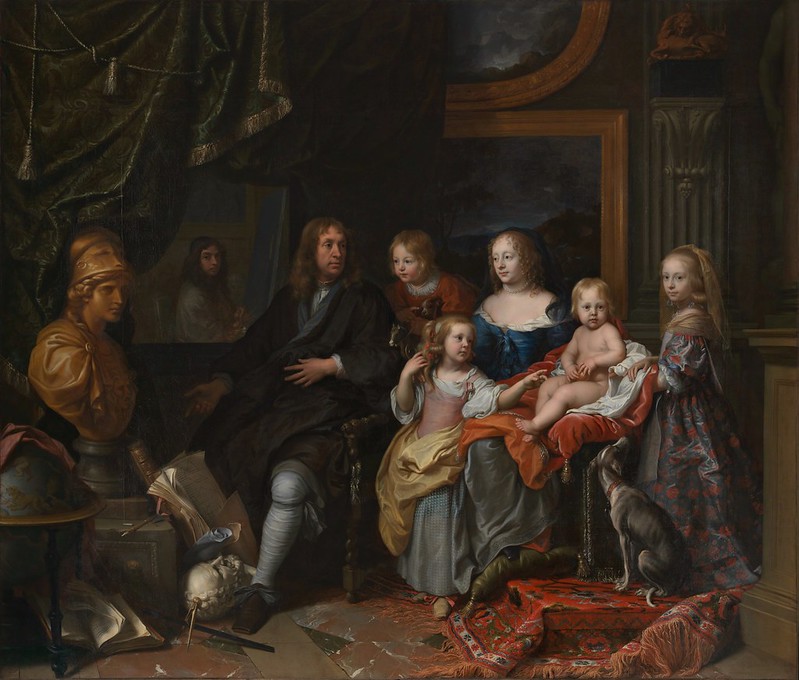Johann Ludwig Krebs (1713-1780)
- Concerto (a-Moll) a II Cembali obligati (c.1753)
Performers: Mаriаngiola Mаrtеllo (cembalo); Giorgio Tаbаcco (cembalo)
---
German composer and organist, eldest of the three sons of Johann Tobias
Krebs (1690-1762). He received his first musical instruction from his
father, including organ lessons as early as his 12th year. An
improvement in the family fortunes enabled him to enter the Thomasschule
in Leipzig in July 1726. He learnt the lute and violin, continued with
his keyboard studies, and as late as 1730 was still singing treble in
the choir. Anticipating that his eight years of study at the
Thomasschule would end in 1734, he competed for the position of organist
at St Wenzel, Naumburg, on 25 August 1733, along with his father (who
later withdrew), C.P.E. Bach and five others; neither he nor C.P.E. Bach
was successful. The Thomasschule therefore extended Krebs’s term, and a
year later J.S. Bach summed up in a testimonial of 24 August 1735 that
his pupil had ‘distinguished himself’ on the clavier, violin and lute,
as well as in composition. This special recommendation undoubtedly
refers to an otherwise unknown application for a post, perhaps at St
Katharinen, Zwickau. During the next two years (1735-37) Krebs read law
and philosophy at Leipzig University, occasionally assisting Bach at the
Thomaskirche or playing the harpsichord in Bach’s collegium musicum.
During his long professional life Krebs held only three appointments,
all in the area south of Leipzig. From 1737 to 1743 he was organist at
St Marien, Zwickau. Neither the organ nor the salary was attractive, and
in 1744 he moved to Zeitz as organist of the castle. During his 12
years there his beloved teacher died and Krebs applied for the position.
He was unsuccessful: in organ playing he was unsurpassed, but the
Thomaskirche wanted a Kantor, not a Kapellmeister. Finally in 1755 he
went to the castle in nearby Altenburg to become organist at the court
of Prince Friedrich of Gotha-Altenburg. The organ was better there, but
the salary was scarcely so. Contemporaries spoke well of Krebs. Charles
Burney, for example, reported that ‘M. Krebs of Altenburg, scholar of
Sebastian Bach, has been much admired for his full and masterly manner
of playing the organ’. Forkel considered his organ compositions as among
the most important of their time. Others praised his expert knowledge
in matters connected with organ building. Krebs’s three surviving sons
were all musicians: Johann Gottfried Krebs (1741-1814) was the
Stadtkantor in Altenburg; Carl Heinrich Gottlieb Krebs (1747-1793) was
court organist in Eisenberg from 1774 but no compositions by him
survive; Ehrenfried Christian Traugott Krebs (1753-1804) succeeded his
father as court organist at Altenburg from 1780 and published a
collection of six organ chorale preludes (Leipzig, 1787); he also wrote a
jubilee cantata (music lost) to a text published in Altenburg in 1793.
His son, Ferdinand Traugott Krebs, was awarded the post of
‘Mittelorganist’ at Altenburg in 1808 but nothing further is known of
him.

Cap comentari:
Publica un comentari a l'entrada